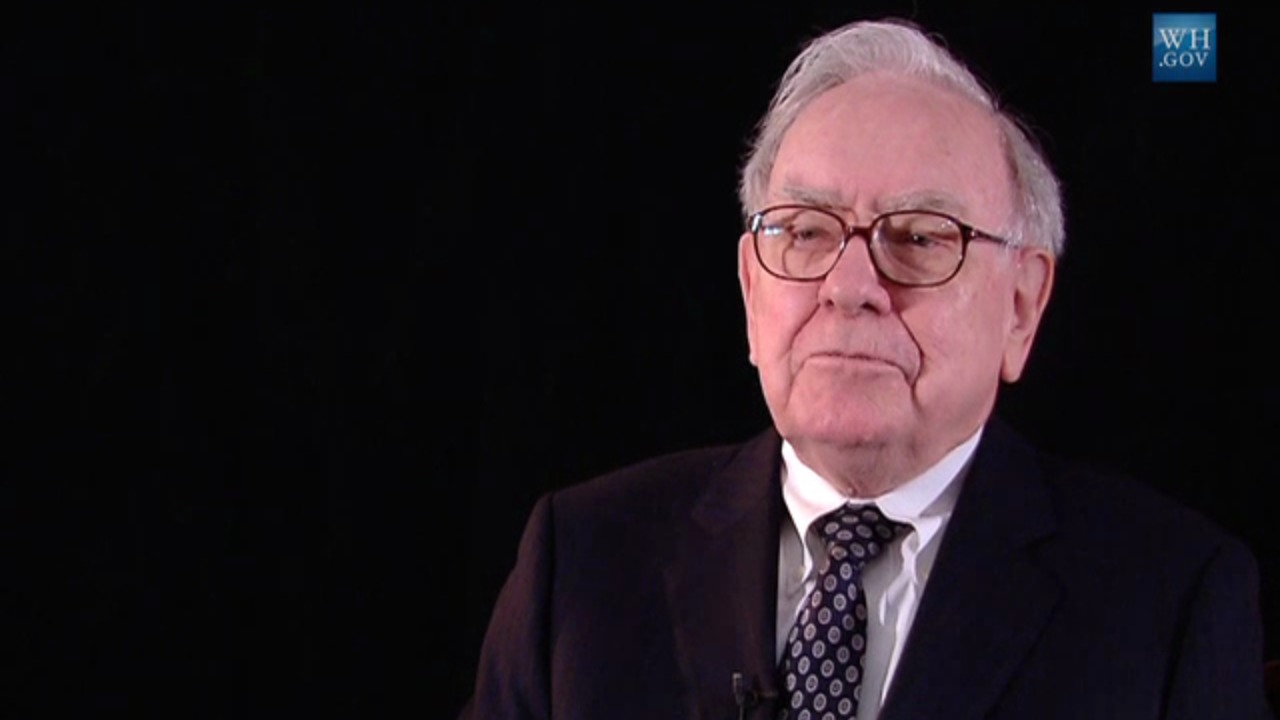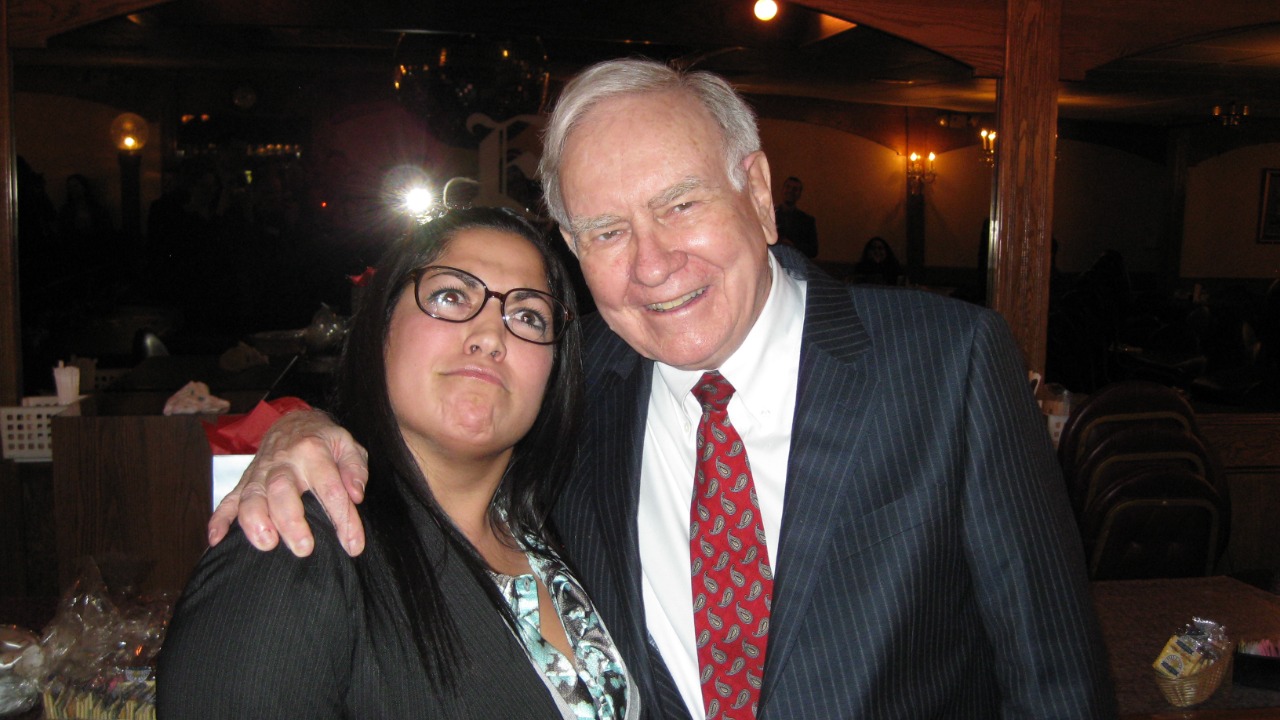Despite being one of the wealthiest individuals globally, Warren Buffett continues to embrace the humble habit of clipping coupons. This practice, typically associated with thriftiness, may seem paradoxical for someone with such immense financial resources. Yet, it offers profound insights into financial discipline and the value of money.
The Psychology of Frugality

Warren Buffett’s upbringing in Omaha, Nebraska, was modest, with early financial struggles shaping his perspective on money. This background instilled in him a deep appreciation for value and savings, influencing his lifelong commitment to frugality. Clipping coupons is not merely a cost-saving exercise for Buffett; it serves as a tangible reminder of his financial discipline.
This behavior challenges societal perceptions of wealth and spending, promoting a narrative that values mindfulness over materialism. Rather than succumbing to the pressures of living a lavish lifestyle, Buffett’s actions reflect a mindset that prioritizes financial prudence. His approach encourages a broader cultural shift towards valuing money for its utility rather than its ability to purchase luxury.
Financial Strategies and Wealth Preservation

The practice of clipping coupons aligns with Buffett’s broader financial strategies aimed at wealth preservation and long-term stability. By seeking the best possible deals, even for everyday items, Buffett underscores the importance of a cost-conscious mindset. This approach is integral to maintaining and growing wealth, as it reflects a philosophy of investing in quality while being mindful of expenditures.
Buffett’s frugality is not an isolated practice but part of a larger strategy that emphasizes thoughtful spending. It serves as a reminder that financial resources, no matter how vast, should be managed wisely to ensure future security. This strategy is a testament to the importance of maintaining financial discipline, regardless of one’s wealth.
Cultural and Social Influences

Buffett’s frugality is also influenced by cultural norms that emphasize financial prudence and humility. In a society where extreme wealth often leads to extravagant lifestyles, Buffett’s choice to continue using coupons sets a powerful example. It encourages others to reconsider their spending habits and promotes a culture of sustainability and responsibility.
By rejecting the consumerist culture typically associated with extreme wealth, Buffett highlights the importance of living within one’s means. His actions reflect a broader cultural shift towards valuing financial responsibility over material excess. This behavior not only challenges stereotypes but also fosters a sense of community and shared values among those who admire his approach.
Lessons for Everyday Consumers

Buffett’s commitment to using coupons offers valuable lessons in financial literacy and the benefits of adopting frugal habits. Everyday consumers can learn to appreciate the cumulative impact of small savings on their overall financial health. This practice encourages individuals to prioritize thoughtful spending and resourcefulness, regardless of income level.
Buffett’s example demonstrates that financial success is not about how much money one has but how it is managed. By embracing frugality, individuals can build a solid financial foundation and achieve greater financial security. This lesson is particularly relevant in today’s economic climate, where financial stability is more important than ever.
Challenging Stereotypes of Wealth

Clipping coupons challenges the stereotype that wealthy individuals must always indulge in luxury and excess. Buffett’s behavior highlights the diversity of financial philosophies among the wealthy and the personal values that drive these choices. His actions demonstrate that wealth is not solely defined by material possessions but by how one chooses to manage and utilize resources.
By embracing frugality, Buffett sets a powerful example that wealth can be used to promote positive values and responsible spending. This challenges the traditional narrative of wealth and inspires others to consider how their financial choices impact both their lives and the broader community. It’s a reminder that true financial success is about making informed and thoughtful decisions.

Alexander Clark is a financial writer with a knack for breaking down complex market trends and economic shifts. As a contributor to The Daily Overview, he offers readers clear, insightful analysis on everything from market movements to personal finance strategies. With a keen eye for detail and a passion for keeping up with the fast-paced world of finance, Alexander strives to make financial news accessible and engaging for everyone.


